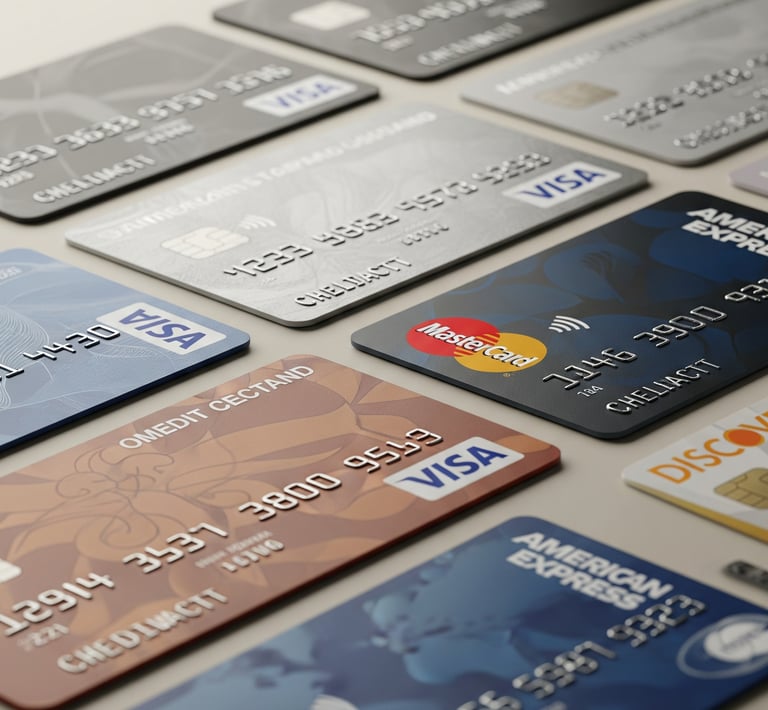

A credit card is a financial tool issued by banks or financial institutions that allows you to buy things now and pay for them later. It is very much like a short-term loan: when you use a credit card to make a purchase, the card issuer pays the merchant immediately on your behalf, and you agree to repay that amount later, either in full by the due date or over time with interest. Each card comes with a credit limit, which is the maximum amount you can borrow, set based on your income and creditworthiness. Besides just buying goods or services, credit cards often come with perks like cashback, reward points, or discounts, making them more than just a payment tool—they’re a way to manage your finances flexibly and even earn benefits if used responsibly. Unlike debit cards, which draw money directly from your bank account, credit cards allow you to borrow money for a short time, offering convenience and financial flexibility but requiring careful management to avoid debt and interest charges
Credit Card
Advantages of Credit Cards
Easy Access to Interest Free Loan
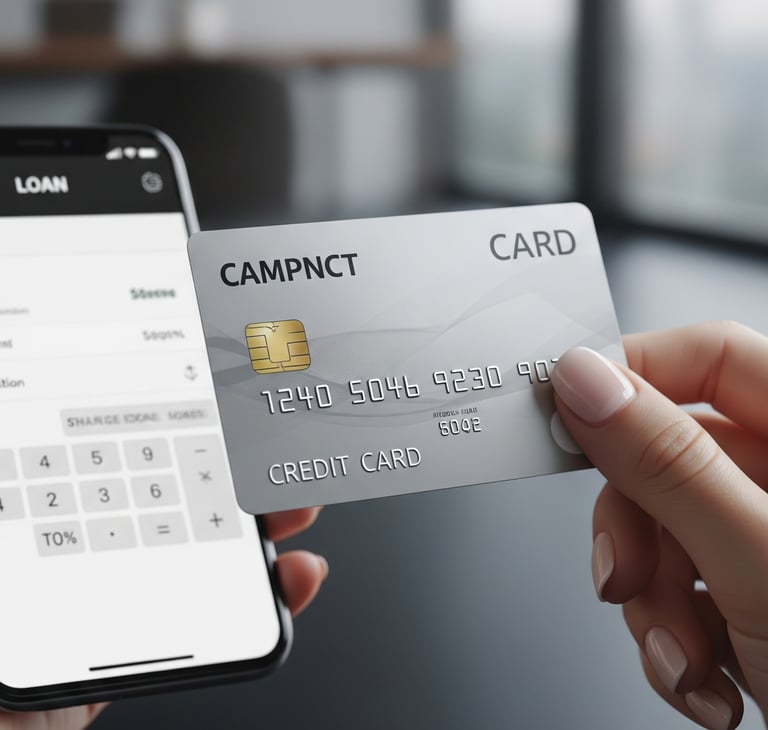

Credit cards give you easy access to credit by allowing you to buy things immediately without paying cash upfront. When you make a purchase, the credit card company pays the seller right away, and you get a certain period—called the interest-free period—to repay the amount without any extra charges. This period can range from about 18 to 55 days, depending on your card and billing cycle. If you pay your full bill within this time, you essentially get to use the bank’s money for free, making it a convenient way to manage your expenses and cash flow.
Rewards, Cashbacks & Discounts


Credit cards often come with exciting benefits like rewards, cashbacks, and discounts that help you save money while you spend. When you use a credit card, you can earn cashback, which means a small percentage of the money you spend is returned to you, either as a credit on your bill or deposited into your bank account. For example, if your card offers 2% cashback, you get back 2 rupees for every 100 rupees spent. Besides cashback, many cards give you reward points for every purchase, which you can later exchange for discounts, gift vouchers, travel tickets, or other goodies. Additionally, credit cards often offer exclusive discounts at partner stores, restaurants, or online platforms, making your shopping more affordable.
EMI Facility For Big Purchase
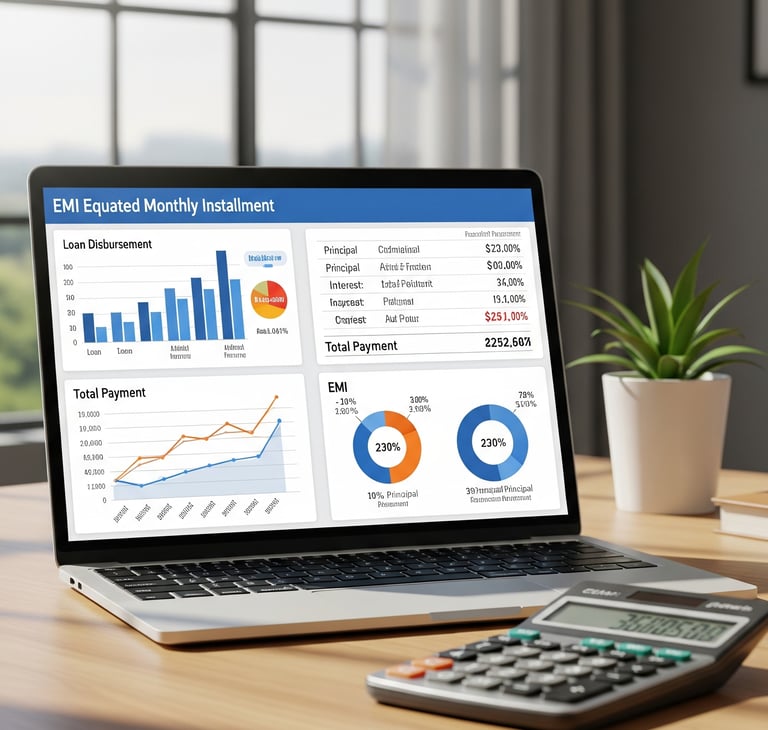

The EMI facility on credit cards makes it easier to buy expensive items by allowing you to pay for them in smaller, fixed monthly installments instead of all at once. When you make a big purchase—like a new phone, TV, or even a vacation—you can choose to convert the total amount into EMIs, usually for a period ranging from 3 to 24 months. This means you don’t have to worry about paying a large sum upfront, making it more affordable and manageable for your monthly budget. Some banks may charge interest or a small processing fee, but the process is simple and can often be done online or at the store. Using EMIs also helps you avoid dipping into your savings, and if you pay on time, it can even improve your credit score
Improving Credit Score
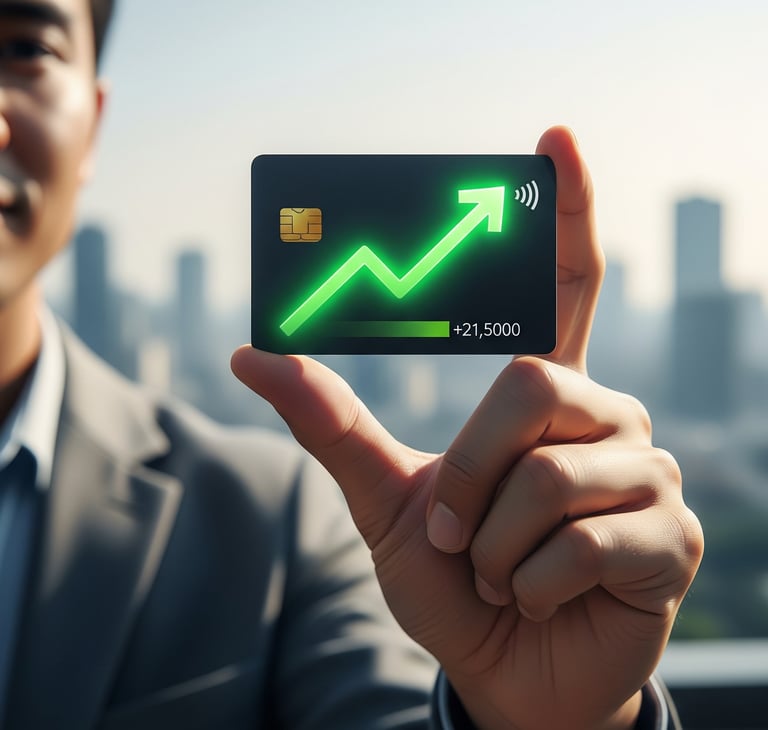

You can improve your credit score by using your credit card wisely. The most important thing is to always pay your credit card bills on time, as your payment history has a big impact on your score. Try to pay the full amount each month, not just the minimum, to avoid extra interest and show lenders you are responsible. Keep your spending below 30-40% of your total credit limit—using too much of your available credit can lower your score. Avoid applying for too many new cards at once, and keep your oldest credit cards open, as a longer credit history helps your score. By following these simple habits, you can steadily build and improve your credit score over time
Convenience and Widely Accepted
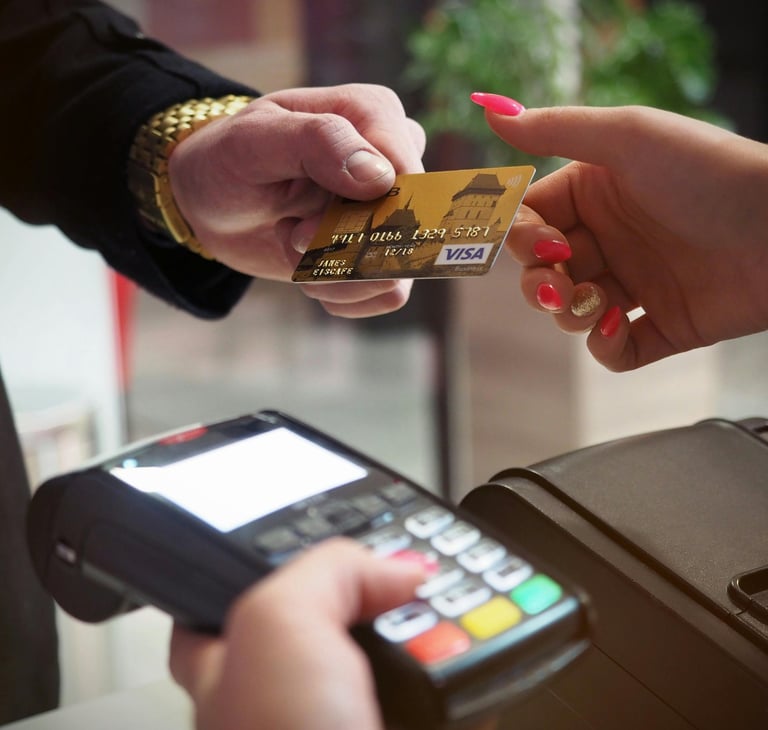

Credit cards are incredibly convenient and widely accepted payment tools that make shopping and transactions easy almost everywhere. Whether you’re buying something in a store, booking tickets online, or paying bills, credit cards are accepted by millions of merchants worldwide, both offline and online. This wide acceptance means you don’t have to carry cash or worry about finding exact change. Plus, credit card payments are fast—a simple swipe or tap completes your purchase quickly, saving you time at checkout. This convenience is especially helpful when traveling, as credit cards are accepted internationally and often handle currency conversion automatically.
Purchase Protection and Insurance


Purchase protection and insurance through credit cards mean that when you buy something with your credit card, your purchase is often covered against theft or accidental damage for a limited time after you buy it. For example, if you buy a new phone with your credit card and it gets stolen or accidentally broken within a few months, the card’s purchase protection can help you get a replacement, repair, or your money back, depending on the card’s policy. The coverage period and the maximum amount you can claim vary from card to card, so it’s important to check the terms. To use this benefit, you usually need to provide your purchase receipt and sometimes a police report if the item was stolen
Travel Benefits


Travel benefits through credit cards make journeys easier and more enjoyable. When you use a travel credit card, you earn reward points or miles on every flight booking, hotel stay, or even dining, which you can later redeem for free tickets or discounts. Many cards offer free access to airport lounges, giving you a comfortable place to relax with refreshments and Wi-Fi before your flight. Another big plus is zero or low foreign transaction fees, so you don’t pay extra when using your card abroad. Travel credit cards often include travel insurance that covers delayed flights, lost baggage, or medical emergencies, providing peace of mind on the go. Plus, credit cards offer better security than cash, protecting you from fraud and unauthorized transactions during your travels.
Expense Tracking and Financial Management


Credit cards make expense tracking and finance management much easier by automatically recording every purchase you make. Whenever you use your credit card, each transaction is logged and categorized, helping you see exactly where your money is going without the need for manual entry. Many credit cards work with expense tracking apps or offer their own statements that break down your spending into categories like groceries, travel, or dining. This real-time tracking helps you manage your budget, spot unnecessary expenses, and avoid overspending. You can also attach digital receipts to your transactions, making it simple to keep records for future reference or tax purposes
Safety and Security
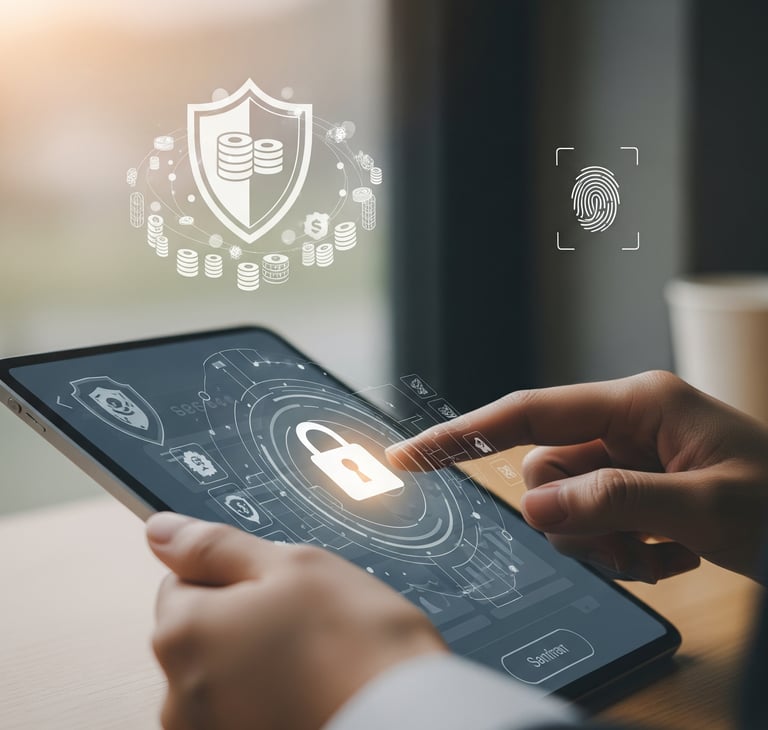

Credit cards are designed with many safety and security features to protect your money and personal information. Modern credit cards use EMV chips, which create a unique code for every transaction, making it hard for fraudsters to copy your card details. When you shop online or in stores, you often need to enter a PIN or a CVV code, adding extra layers of protection. Many banks also use two-factor authentication (2FA), where you receive a one-time password (OTP) on your phone or email before a transaction is approved, ensuring only you can use your card. Advanced technologies like encryption and tokenization keep your card details safe when you pay online, and banks constantly monitor for suspicious activity to prevent fraud.
Flexible Credit and Balance Transfer
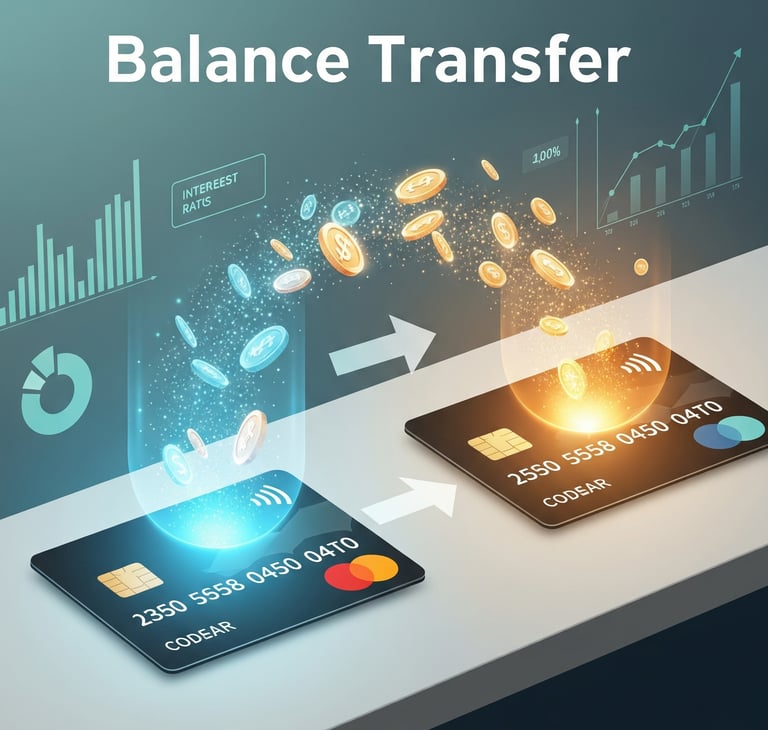

Flexible credit cards give you the freedom to borrow money up to a set limit and pay it back in a way that suits your needs. You can use them for shopping, bill payments, or emergencies, and you only pay interest on the amount you actually use if you don’t clear your bill in full each month. Balance transfer credit cards are a special type of card that helps you manage existing credit card debt. They let you move your outstanding balance from one or more cards to a new card—usually one with a lower or even zero interest rate for a limited time. This makes it easier to pay off your debt faster and save on interest charges, as you can focus on repaying the main amount without worrying about high interest piling up. However, you should check for any transfer fees and make sure to pay on time to keep the benefits.
Disadvantages of Credit Cards
High Interest Rates & Debt Accumulation
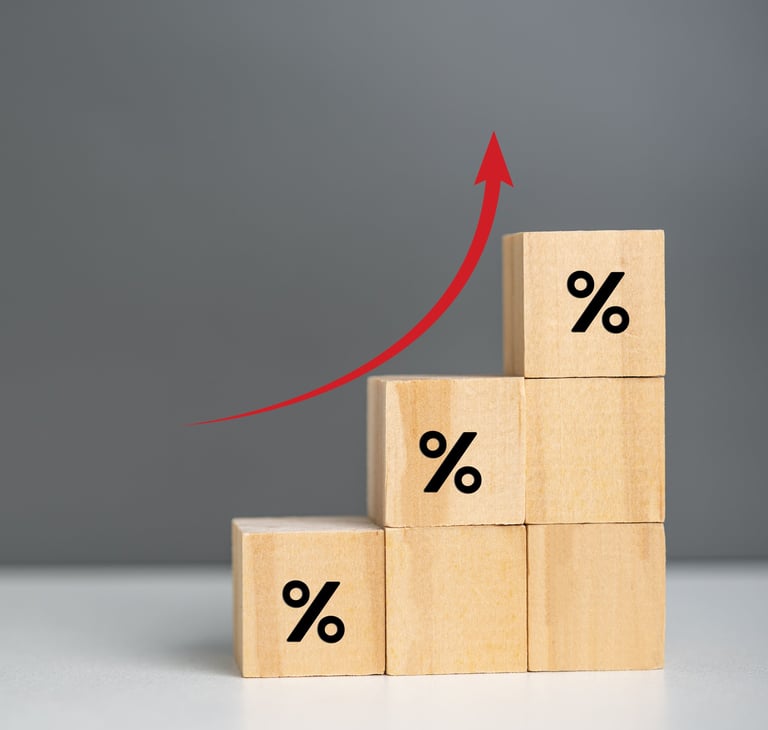

Credit cards often have high interest rates, which means if you don’t pay your full bill by the due date, you will be charged extra money on the amount you still owe. This interest keeps accumulating every month, and because the rates can be as high as 24% to 40% per year, your unpaid balance can grow very quickly. If you continue to pay only the minimum amount or miss payments, the interest is added to your balance, and you end up paying interest on top of the original amount. This makes it easy to fall into a debt trap, where your debt keeps increasing and becomes difficult to clear.
Impulse Purchase & Temptation to Overspend


Using a credit card can make it very easy to buy things on impulse, even when you don’t really need them. Because you don’t have to pay cash right away, spending with a credit card doesn’t feel as serious or real, so people often end up buying more than they planned. Discounts, rewards, and special offers can tempt you to make quick decisions without thinking about your budget. Sometimes, emotions like stress or boredom also push people to shop for instant happiness, which can lead to regret and debt later.
Hidden Fees & Additional Charges


Credit cards often come with hidden fees and additional charges that can catch you by surprise if you’re not careful. Some common hidden charges include joining fees (a one-time cost when you get a new card) and annual fees (a yearly charge to keep your card active), which are sometimes waived if you meet certain spending limits. If you miss your payment due date, you’ll likely face late payment fees and high interest rates, which can quickly increase your debt. Withdrawing cash using your credit card is also expensive, as it attracts high interest rates and a separate cash advance fee from the very first day—there’s no interest-free period for such transactions. Other charges you might not notice include foreign transaction fees when you use your card abroad, fees for transferring your balance from one card to another, and even charges for redeeming reward points or paying your bill in cash at the bank. To avoid these extra costs, always read your card’s terms and conditions, pay your bills on time, and use your card wisely.
Negative Impact on Credit Score
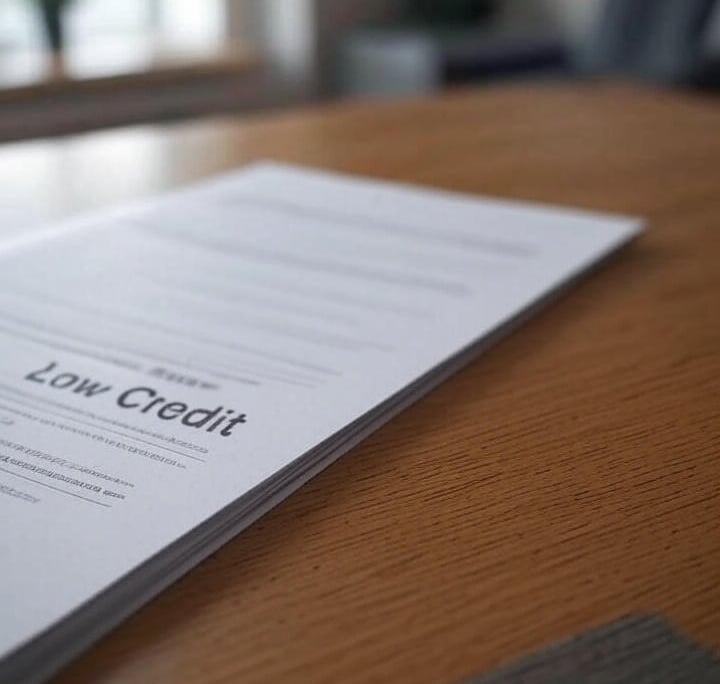

Using a credit card the wrong way can hurt your credit score in several ways. If you miss payments or pay your bills late, your credit score will drop because payment history is a big part of your score. Maxing out your credit card or using more than 30% of your credit limit also lowers your score, since it shows you rely too much on borrowed money. Applying for too many new credit cards in a short time adds “hard inquiries” to your credit report, which can make your score go down a little. Even closing an old credit card can have a negative effect, because it reduces your total available credit and can shorten the average age of your accounts. All these actions make banks see you as a riskier borrower, so it’s important to use your credit card carefully and pay on time to keep your credit score healthy.
Risk of Fraud and Security Concerns


Credit cards can make shopping and payments easier, but they also come with the risk of fraud and security issues. Fraudsters use tricks like skimming devices at ATMs or shops to steal your card information, or they may send fake emails and messages (called phishing) to trick you into sharing your card details. Sometimes, they even use stolen personal information to open new credit card accounts in your name, which is a form of identity theft. If someone gets access to your card or its details, they can make purchases or withdraw money without your permission, leading to financial loss and a lot of stress. That’s why it’s important to keep your card details private, be careful where you use your card, and regularly check your statements for any transactions you don’t recognize.
Tips To Use Credit Card To Get Maximum Benefits
Choose The Right Card For Your Spending Habits
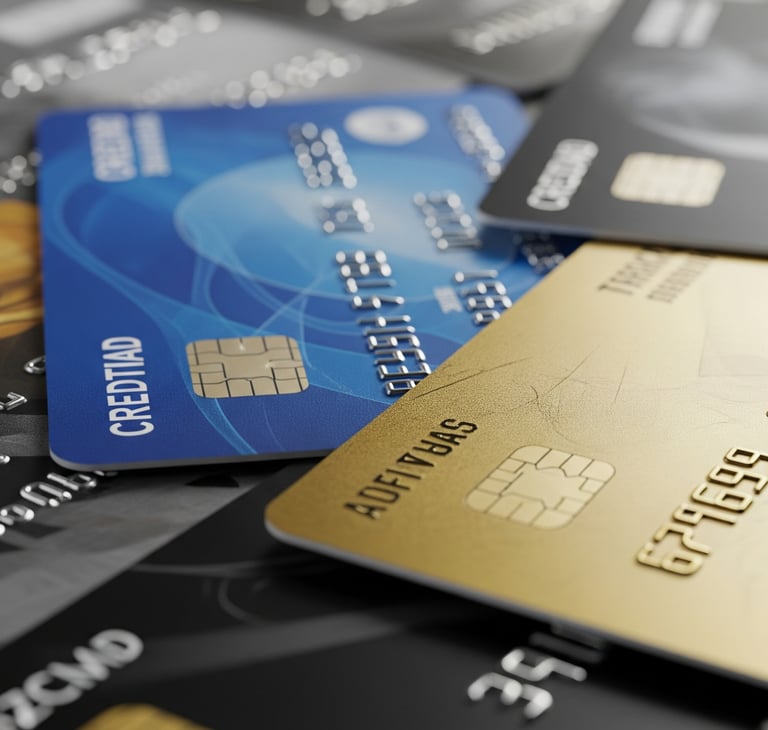

Selecting the right credit card starts with a clear understanding of your spending habits and financial goals. If you frequently spend on groceries, fuel, or dining, look for cards that offer higher rewards or cashback in those categories. For avid travelers, cards with travel perks—like complimentary lounge access, air miles, or travel insurance—can add significant value. If you prefer shopping online or at specific retailers, consider choosing a card that partners with those merchants to offer exclusive discounts or bonus points. Always compare annual fees, interest rates, and reward structures to ensure the benefits outweigh the costs. Ultimately, the best credit card is one that aligns with your everyday expenses, maximizes rewards on your primary spending categories, and fits comfortably within your budget and repayment capacity.
Leverage Sign-Up Bonuses And Special Offers
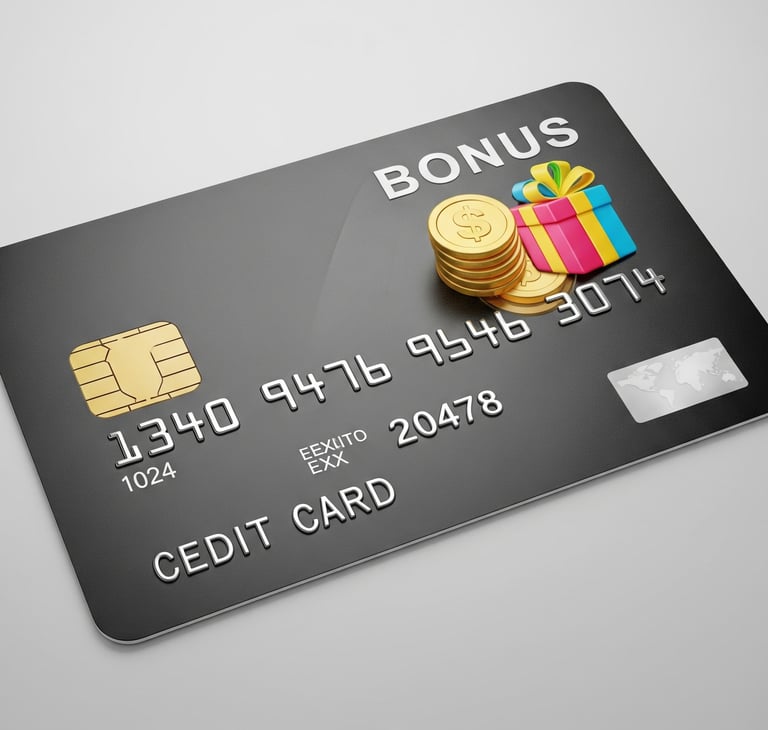

One of the smartest ways to maximize the value of your credit card is by taking full advantage of sign-up bonuses and special offers. When you apply for a new card, issuers often entice you with generous welcome bonuses—such as cashback, reward points, or travel miles—if you spend a certain amount within the first few months. To truly benefit, plan your large or essential purchases around this period to easily meet the minimum spend requirement without overspending. Additionally, keep an eye out for limited-time promotions, such as extra rewards on specific categories, zero-interest EMI offers, or exclusive discounts with partner merchants. By timing your applications and purchases strategically, you can unlock substantial savings and perks, turning everyday spending into meaningful rewards. Always read the terms and conditions to ensure you qualify and avoid unnecessary fees, making these bonuses work in your favor.
Use Your Card For Everyday Expenses


Using a credit card for everyday expenses can be a smart way to manage your finances, provided you do so responsibly. By channeling routine purchases—such as groceries, fuel, utility bills, and dining—through your credit card, you can accumulate rewards points or cashback without increasing your overall spending. This approach not only simplifies expense tracking through detailed monthly statements but also helps you build a positive credit history when bills are paid in full and on time. Additionally, many credit cards offer purchase protection and exclusive discounts on daily essentials, making each transaction more rewarding. However, it’s important to monitor your spending and avoid carrying a balance to prevent interest charges and maintain financial discipline. Used wisely, a credit card transforms everyday expenses into opportunities for savings and benefits.
Reedem Rewards Smartly


Redeeming credit card rewards smartly is all about maximizing the value of your accumulated points or cashback by choosing the most beneficial redemption options. Instead of impulsively exchanging points for merchandise—which often yields the lowest value—compare all available redemption avenues, such as travel bookings, cashback, statement credits, and gift cards. Travel redemptions and point transfers to airline or hotel partners typically offer the highest value per point, especially if you’re flexible with your travel dates and destinations. Always check for special promotions or bonus offers that can boost your redemption value, and be aware of any fees or charges associated with redeeming points, such as shipping costs for physical items or minimum point thresholds for certain rewards. It’s also crucial to monitor the expiration dates of your points to avoid losing them. Consider transferring unused points to other loyalty programs if your card allows it. By staying informed and planning your redemptions, you can turn everyday spending into meaningful benefits, whether it’s a discounted flight, a statement credit, or a gift card to your favorite store
Pay Full Bill Amount On Time
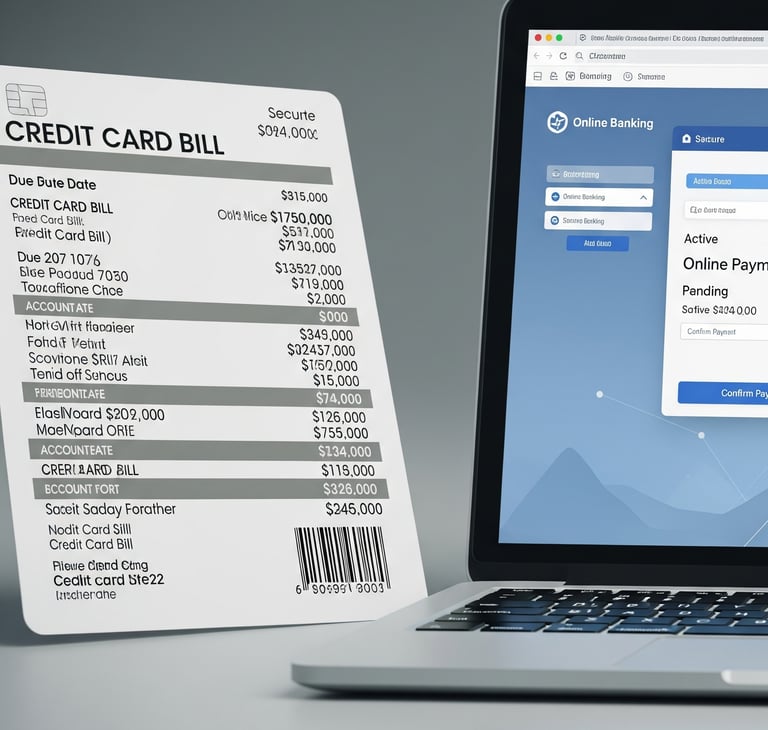

Paying your credit card bill in full and on time is one of the smartest financial habits you can develop. It helps you avoid costly interest charges and late payment fees, which can quickly add up and strain your finances. Timely payment also boosts your credit score by demonstrating responsible credit behavior, which is crucial for securing better loan terms and credit card offers in the future. Additionally, paying early or on time lowers your credit utilization ratio—the percentage of your available credit you’re using—which positively impacts your creditworthiness. Keeping your credit utilization low signals to lenders that you manage debt well, increasing your chances of higher credit limits and favorable interest rates. Moreover, consistent on-time payments build financial discipline and reduce stress, setting you up for long-term financial health and freedom from debt.
Monitor Spending And Set Limits
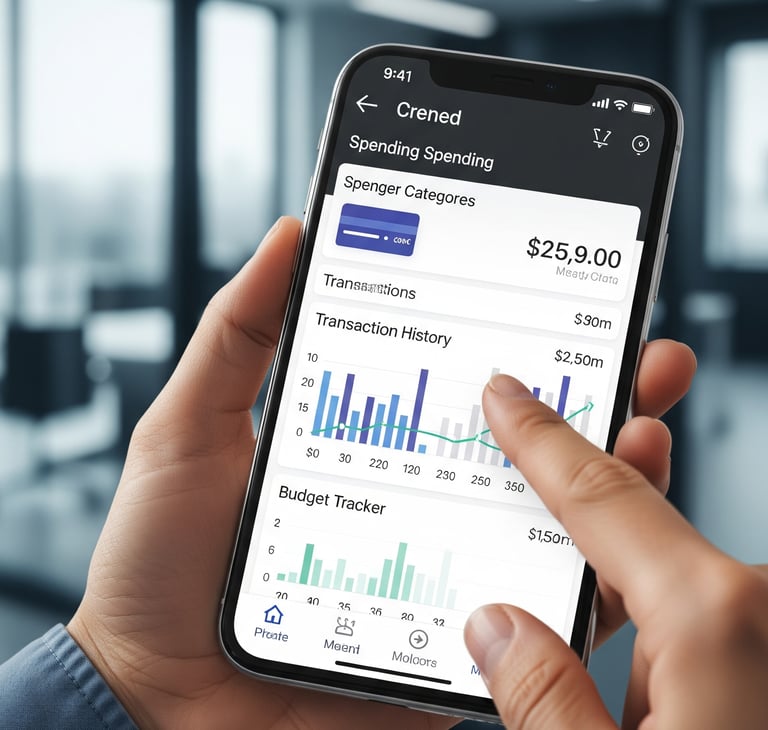

Monitoring your credit card spending and setting limits are crucial steps to maintain financial discipline and avoid overspending. By regularly tracking your transactions—using tools like mobile banking apps or dedicated payment apps such as HDFC Bank’s PayZapp—you can stay aware of where your money goes and ensure you don’t exceed your budget. Setting up real-time alerts and notifications for transactions, payment due dates, and approaching credit limits helps you catch unauthorized charges early and avoid late fees or interest. Additionally, many banks allow you to set customized spending limits on different types of transactions, such as online purchases or ATM withdrawals, giving you greater control over your card usage. This proactive approach not only prevents debt accumulation but also helps maintain a healthy credit score by ensuring timely payments and responsible usage.
